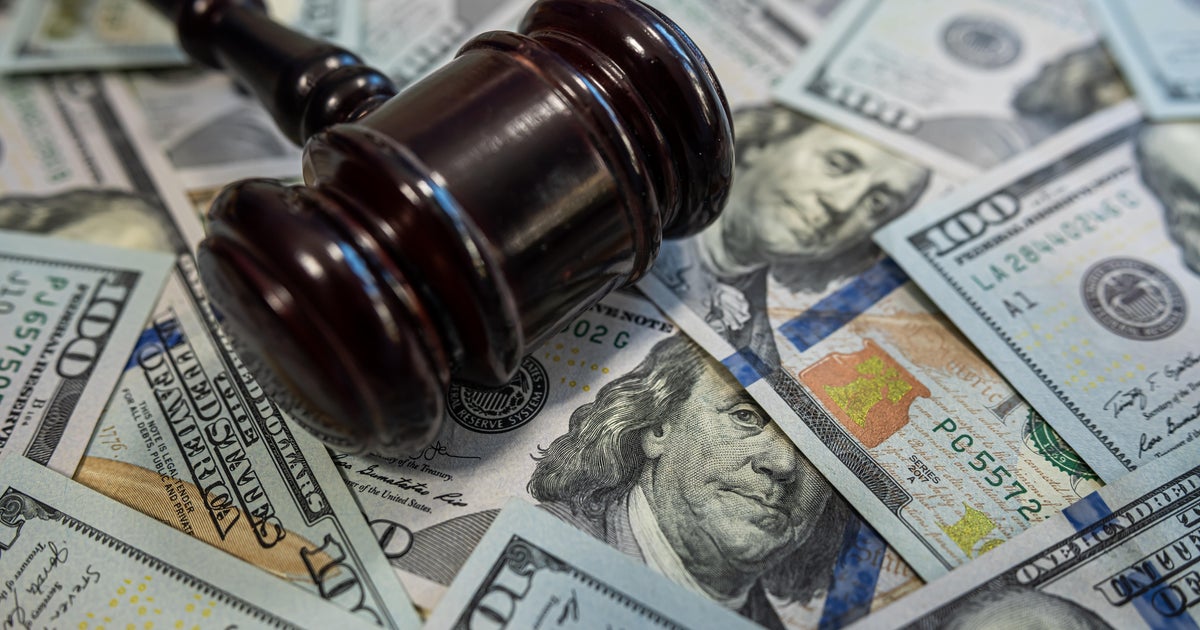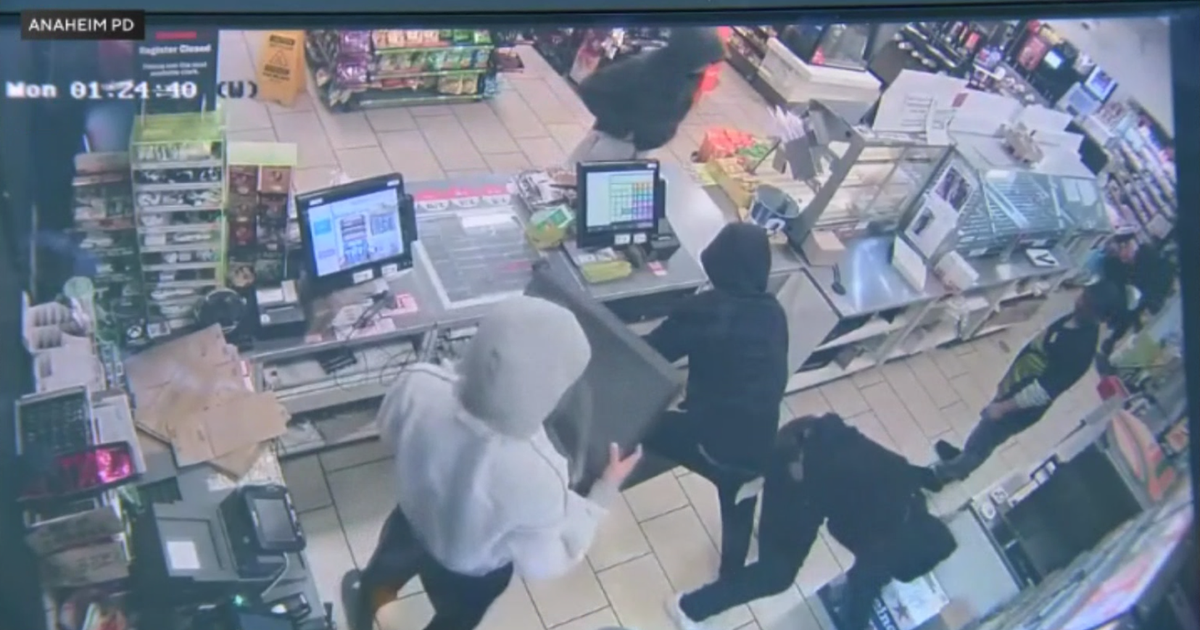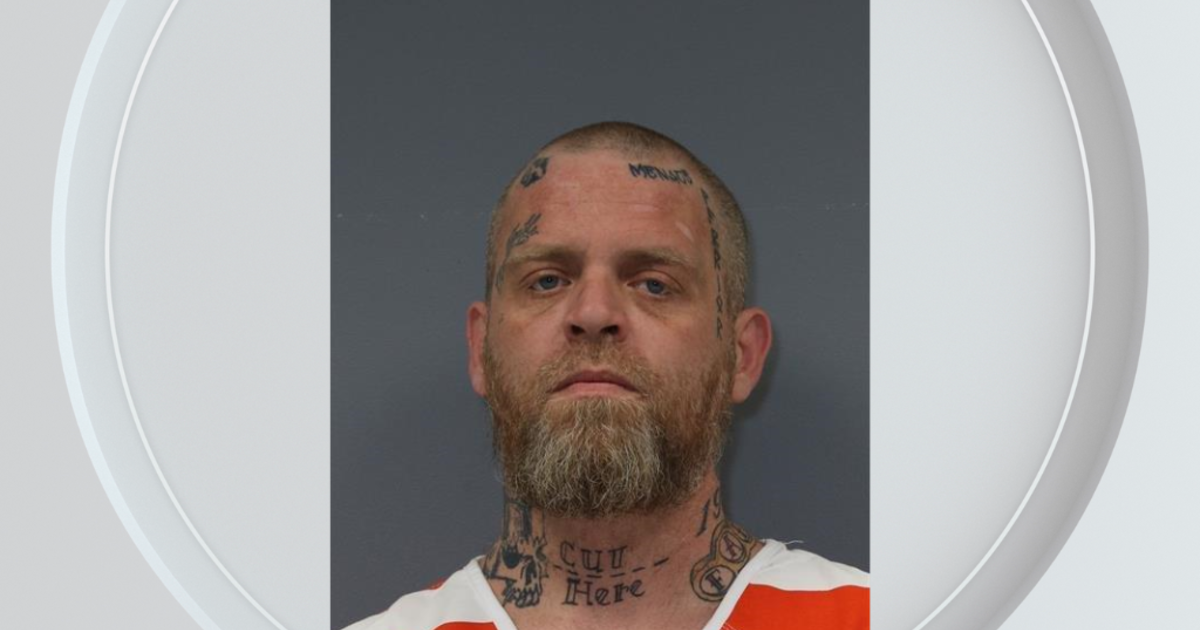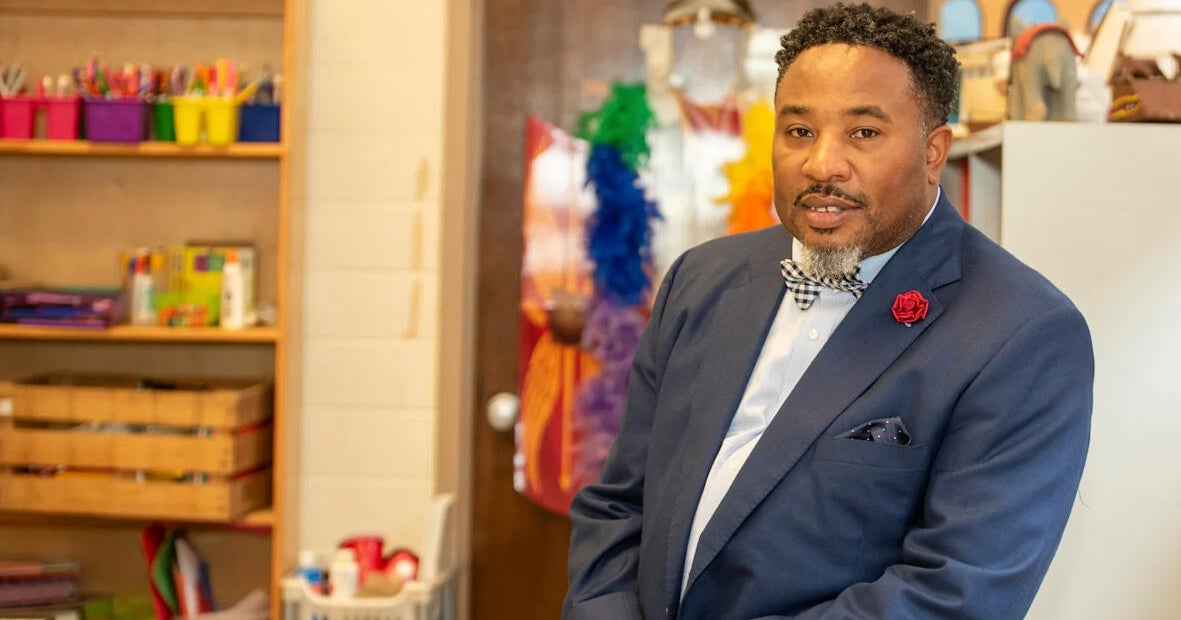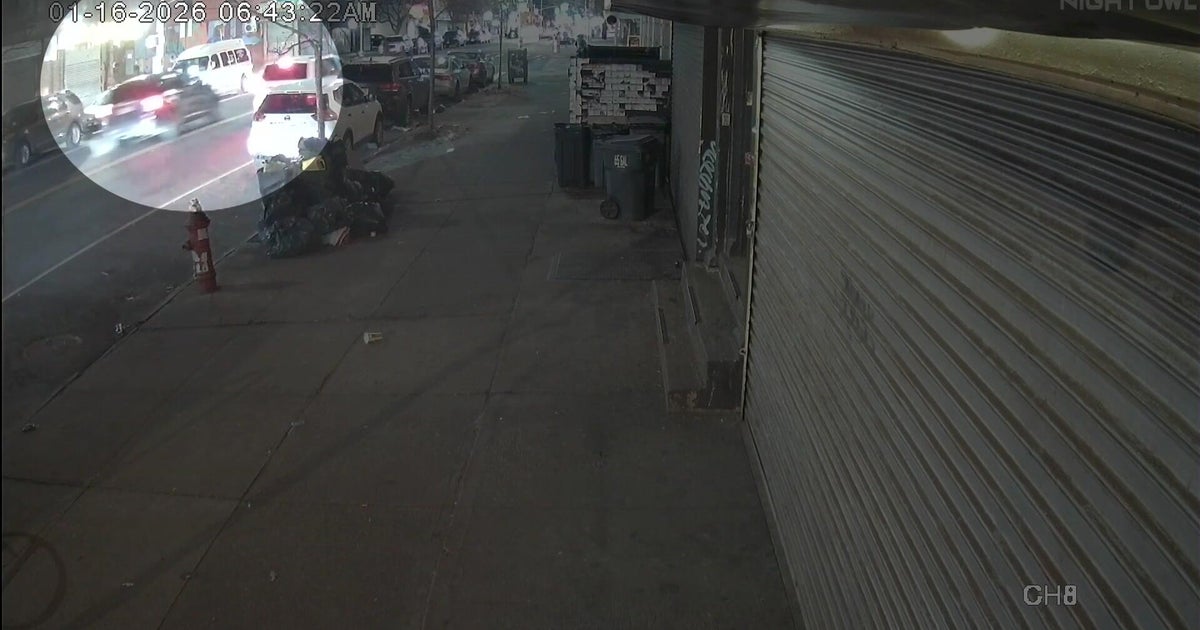Fmr. MPD Officer Derek Chauvin Pleads Guilty To Violating George Floyd's Rights In Federal Case
MINNEAPOLIS (WCCO) -- Former Minneapolis Police Officer Derek Chauvin has pleaded guilty in a federal civil rights case over the death of George Floyd in May 2020.
Chauvin, wearing an orange jumpsuit, signed a plea agreement and changed his plea to guilty during a Wednesday morning hearing in the U.S. District Court in St. Paul. He previously pleaded not guilty in September.
A federal grand jury indicted former officers Chauvin, Thomas Lane, J. Kueng and Tou Thao in May for allegedly depriving Floyd of his rights while acting under government authority on May 25, 2020, as Floyd, 46, was held face-down, handcuffed and not resisting in a restraint that was captured on bystander video. His death led to worldwide protests and calls for change in policing.
Chauvin also faced a separate federal indictment accusing him of holding a teenager down by the throat in 2017. As part of his plea Wednesday, that indictment will be dismissed, WCCO's Esme Murphy reported.
Chauvin will also have to pay restitution. The amount has yet to be determined. He will never be able to work as a law enforcement officer again, according to the plea agreement. He'll also need to disclose all of his assets.
During the hearing, prosecutors asked Chauvin if he willfully deprived Floyd of his constitutional right, and Chauvin answered "correct." He said the same thing when asked if he had his knees on Floyd even when he was unconscious.
"(Chauvin) knew that what he was doing was wrong"
As part of the plea agreement, Chauvin admitted that he "knew what he was doing was wrong" when he continued force on Floyd even after he stopped talking and breathing, according to the court document. He also admitted to failing to render medical aid to Floyd as he is trained and required to do.
"At no point during the entire period that Mr. Floyd was on the ground did the defendant or anyone else move Floyd onto his side, start CPR, or provide medical aid of any kind to Mr. Floyd. The defendant's failure to render medical aid resulted in Mr. Floyd's bodily injury and death."
Furthermore, Chauvin admitted that his force was both unreasonable and excessive and that he "acted willfully and in calllous and wanton disregard of the consequences to Mr. Floyd's life."
Sentencing is expected at a later date after a pre-sentence report. Prosecutors say they are asking for a 300-month sentence -- 25 years -- to be served concurrently with Chauvin's state sentence.
The court hearing was short, lasting just over 30 minutes. Before ending, the judge ordered Chauvin held without bond.
Family members of Floyd were present during the hearing, along with their attorney. Following the guilty plea, they held a press conference, saying they are relieved about the guilty plea and that Floyd "changed the world."
Sources tell WCCO that Chauvin's plea talks have been going on for six months, and at times they have broken down. Chauvin was facing a life sentence if convicted on these federal charges. Mike Brandt, a local criminal defense attorney not affiliated with the case, tells WCCO the deal could mean Chauvin will get out of prison at some point.
The four former officers were also charged in state court, where Chauvin's trial was eventually separated from the others due to space restrictions during the COVID-19 pandemic. Chauvin was convicted in April of murder and manslaughter and was sentenced to 22 1/2 years.
Now, Chauvin is expected to testify not only in the federal trial of the three other officers set for late January, but their upcoming state trial on aiding and abetting counts that starts in March.
WCCO's legal analyst defense attorney Joe Tamburino, who is not affiliated with the case, says Chauvin's plea is helpful for the other three former officers.
"Obviously he's talked with his attorney and wants to get this federal case over with," Tamburino said. "Now, he will be separated from (the other three former officers') joint trial. He's admitting guilt."
While it does help the other former officers by separating Chauvin from their trial, it's not known whether or not he'll testify in their defense.
"The question becomes, after Mr. Chauvin is convicted, he no longer has a right against self-incrimination, so he's available to testify. He could testify on behalf of the other officers, or against them. We don't know," Tamburino said.
In the plea agreement, Chauvin admitted that he did not, at any time on or before the murder of Floyd, threaten or force the other former officers involved to disregard or fail to comply with Minneapolis police policies and procedures.
As of this point, Chauvin is still appealing his state conviction. Because of concerns for his safety, Chauvin is currently being held in the state's highest security prison at Oak Park Heights.
During the May 2020 arrest, Floyd, a Black man, repeatedly said he couldn't breathe as Chauvin, who is white, pinned him to the ground. Kueng and Lane helped restrain Floyd; Kueng knelt on Floyd's back, and Lane held Floyd's legs, according to evidence in state court. Thao held back bystanders and kept them from intervening during the 9 1/2-minute restraint.


